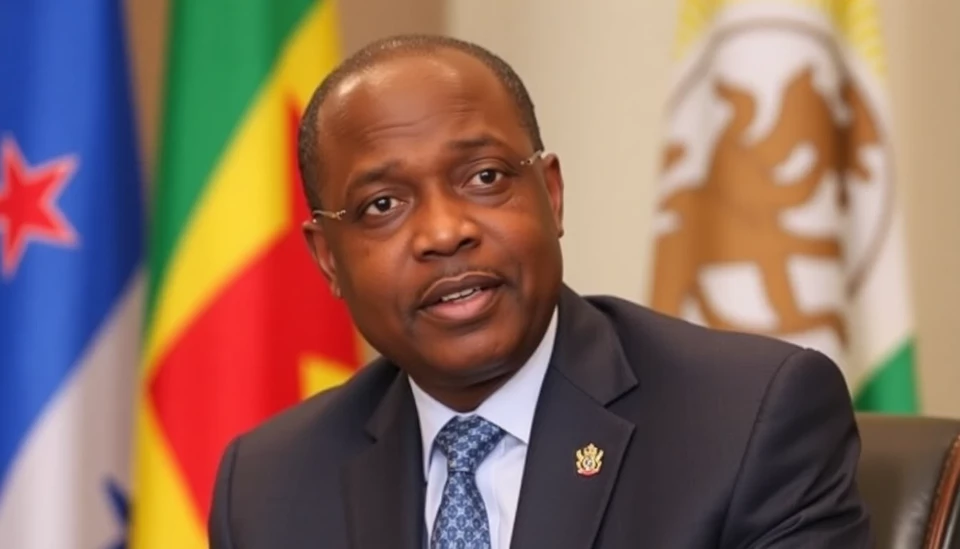
Ghana has observed a noticeable decrease in its inflation rate, coinciding with the recent appointment of a new governor for the central bank. Following ongoing economic challenges and high inflation rates that had plagued the nation for several months, the latest metrics show that inflation has eased, providing some relief to consumers and businesses alike. This development raises hopes for better economic stability in the West African nation.
The new central bank governor, who has assumed office following his predecessor's resignation amid criticisms of economic mismanagement, is expected to implement fresh monetary policies aimed at stabilizing the economy. The transition at the Bank of Ghana has been viewed as a crucial step in restoring confidence among investors and the local populace.
In recent analyses, it was noted that Ghana's inflation rate had peaked significantly before starting to decline. The fluctuation has been largely attributed to various economic pressures, including increased prices of goods and services, currency depreciation, and global supply chain disruptions. However, the recent downward trend in inflation metrics suggests potential progress towards economic recovery.
The newly appointed governor has already articulated his commitment to addressing these economic challenges head-on, promising to adopt strategies that will focus on controlling inflation while fostering an environment conducive to investment and growth. His leadership is poised to be pivotal in the coming months as the nation navigates through fiscal hurdles and seeks to regain economic momentum.
Analysts remain cautiously optimistic about the future economic landscape of Ghana, stressing the importance of consistent and transparent policy implementation in order to further facilitate growth. Observers are keenly watching how the recent changes in leadership will play out and affect not only inflation but also the broader economic performance of the country.
As Ghana moves forward, the implications of these developments will likely be felt across various sectors of the economy. Stakeholders and policymakers alike are hopeful that the newly appointed central bank governor's approach could lead to more sustainable economic health, ultimately benefiting the everyday lives of citizens.
As the situation evolves, the focus will remain on monitoring inflation trends and the effectiveness of the new governor's policies in steering Ghana towards a more stable economic future.
#Ghana #Inflation #CentralBank #EconomicGrowth #EconomicStability #MonetaryPolicy #WestAfrica
Author: Daniel Foster




